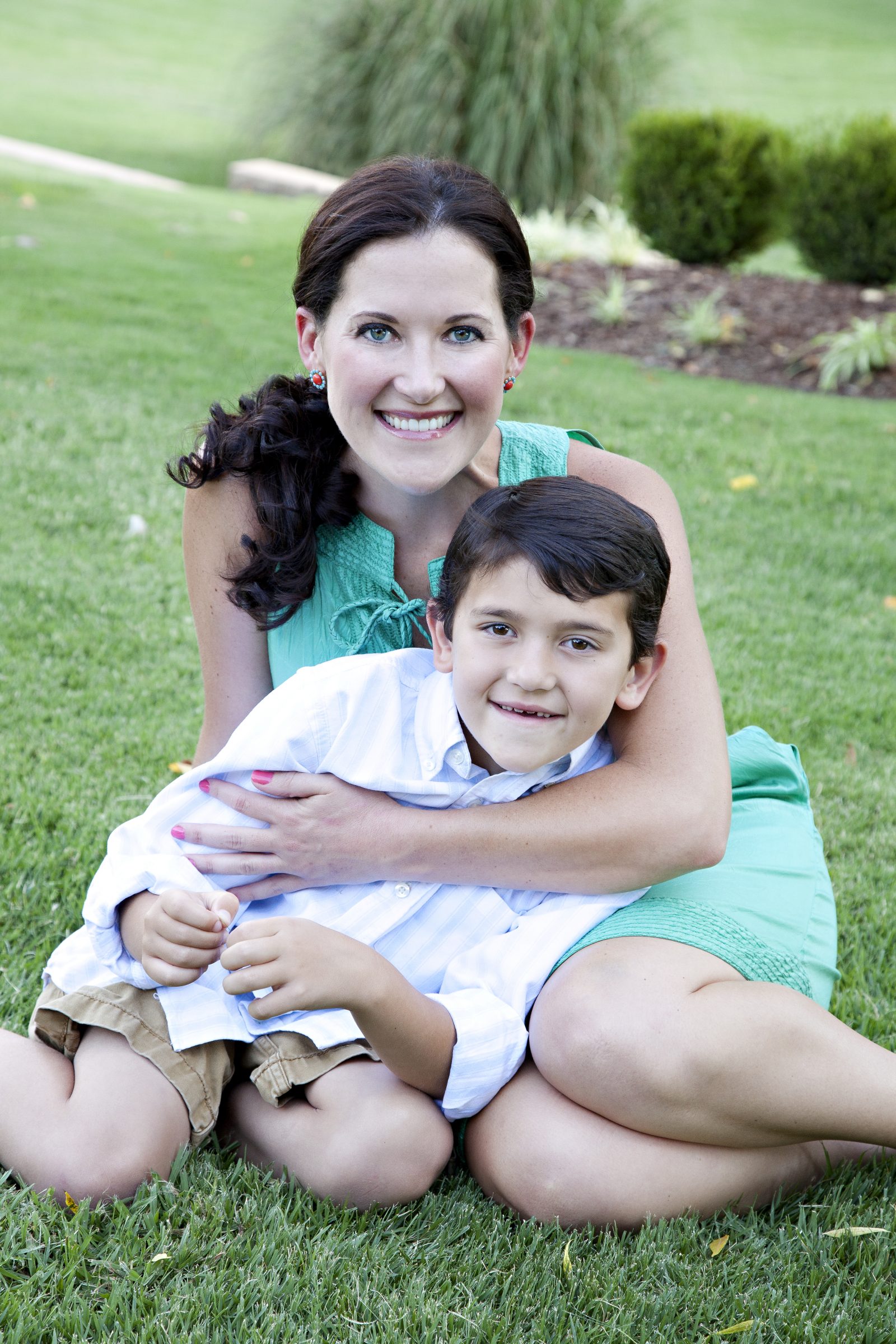A Mother’s Intuition: Trusting Your Instincts

by Katherine Patterson
OK. Full disclosure: I am not a very perceptive person. I can have an hour-long conversation with someone and not be able to tell you afterward what color shirt they were wearing or if they were missing an earring. Most days I can’t tell you for sure if my kids have even brushed their teeth or not. But when it comes to mother’s intuition, I am very perceptive.
I could always “just feel it” when my kids had an ear infection by a simple change in their attitude or if they were writing on the walls with sharpie markers by the eerie silence that only a concerned parent can hear.
Intuition is that “feeling in the gut”, that instinct, when you immediately understand something without having to analyze the situation. Intuition does not come from the mind and is not manufactured. Human beings have been relying on their instincts to stay alive and evolve for thousands of years. In order for their infants to survive, females, in particular, had to rely on intuition to know what their babies needed. The saying “a mother understands what a child does not say” is exactly how I would define mother’s intuition.
My second child, Jacks, was born in 2004 after a healthy pregnancy and delivery. But by the time he was 18-months-old, I knew something was wrong with Jacks’ speech. Even now it is hard to explain what it was that raised red flags for me about his language at such a young age. It wasn’t that I compared his speech to that of is older sister Evelyn or that of his friends. I just knew the words he was trying to say were not coming out the way he wanted them to come out. Every word he babbled sounded “off” — even for a baby. The feeling “something’s just not right” gnawed at me.
I mentioned my concern to our pediatrician at the time in Longview. He reassured me not to consider doing anything about Jacks’ speech until he was three years old. By then, “he would figure it all out,” he said. But the feeling that my baby was not OK just got stronger. I knew we needed to be doing something. Waiting around was not the answer I could live with.
When Jacks was two, we moved home to Texarkana and I immediately started asking friends about speech therapists. Everyone insisted on Darla Fountain so I called her with my story. I explained what was going on with Jacks’ speech, what my former pediatrician had recommended, and what my intuition was telling me. Darla said that she has seen success with children who have speech characteristics similar to Jacks as young as two. We made an appointment to have Jacks evaluated immediately with Darla and to have his hearing tested to rule out hearing loss.
His hearing was great, but after evaluating and treating Jacks for a period of time, a scary diagnosis was given to us: Childhood Apraxia of Speech (CAS) as well as weak muscle tone. CAS is a neurological motor speech disorder in which the brain has difficulty planning and communicating with the correct body parts needed to produce speech.
Children like Jacks know what they want to say, but their brains have trouble coordinating the movements of their lips, tongue, or jaw to say those words. The treatment for Apraxia of Speech in Jacks’ case was frequent and intensive speech therapy. Since my phone call to Darla over six years ago, we have been working with Speech Pathology Services, PLLC, at Fountain Therapeutic Center at least three days a week to improve Jacks’ speech. If not for Darla’s early diagnosis and aggressive therapy, and my intuition to get immediate help for my son, Jacks might not be able to speak today without the help of sign language or a portable speaking device.
Although a mother understands what a child does not say, I know how important it is to understand what your child does say.









